detail profile enrique escudero
Peran Yang Di Mainkan Enrique Escudero
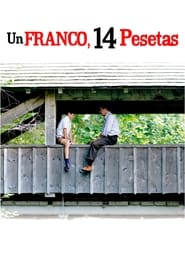 In 1960 Martn and Marcos are forced...
In 1960 Martn and Marcos are forced...Crossing Borders 2006
In 1960, Martín and Marcos are forced by their difficult personal circumstances to travel to Switzerland in search of work, leaving their families in the Madrid of Franco's Spain. But they undertake more than a simple journey; they begin the road to a new life.
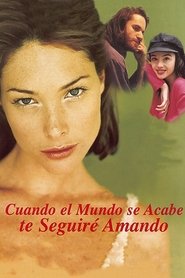 Natalia a successful painter and Hugo...
Natalia a successful painter and Hugo...Cuando el mundo se acabe te seguiré amando 1998
Natalia, a successful painter, and Hugo, a writer in a creative rut, are going through a rough patch in their relationship. After Hugo moves out in an attempt to finish his novel, Natalia is determined to do whatever it takes to reunite with him.
 At the outbreak of the Spanish...
At the outbreak of the Spanish...Freedomfighters 1996
At the outbreak of the Spanish Civil War, the nun Maria is forced to flee her convent. She takes refuge in a brothel, until it is liberated by a woman's anarchist group. Maria joins the group and eventually goes to the front. The women's group faces the problems of fighting not only the nationalists, but also factions on the left seeking to impose a more traditional military structure.
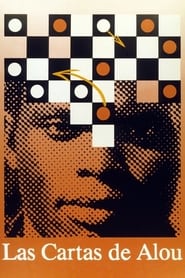 A group of Africans clandestinely reaches...
A group of Africans clandestinely reaches...Letters from Alou 1990
A group of Africans clandestinely reaches the coast of southern Spain. Among them is Alou, a 28 years old Senegalese. As all his belongings are stolen while in Almsería, he has no choice but to engage in street vending. His only pleasure are the letters he writes to his family to tell the vicissitudes of his Spanish adventure.
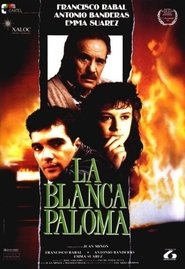 The story unfolds in Bilbao Roco...
The story unfolds in Bilbao Roco...The White Dove 1989
The story unfolds in Bilbao. Rocío (Emma Suárez), is in love with Mario (Antonio Banderas), a free rider with a lot of face that, to top it all, is partner of the business of her father, Domingo (Francisco Rabal) with whom she maintains incestuous relations. When Domingo passes away, both Mario and Rocío's mother have to put to the front of the business, finishing with the inheritance that could receive Rocío. In the midst of her frustration, a young business worker, secretly in love with Rocío, will try to have the legacy of her father end up in the hands of his rightful heiress.
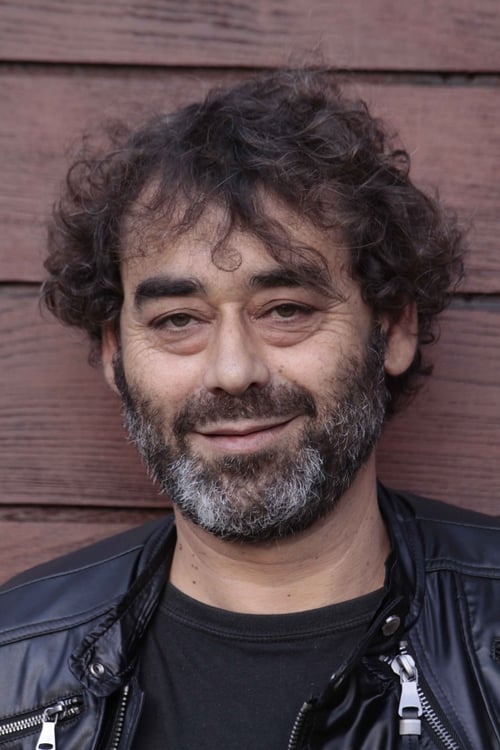
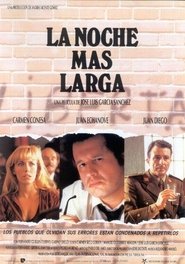 Fifteen years after the plot a...
Fifteen years after the plot a...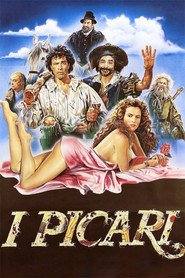 The adventures of a couple of...
The adventures of a couple of...